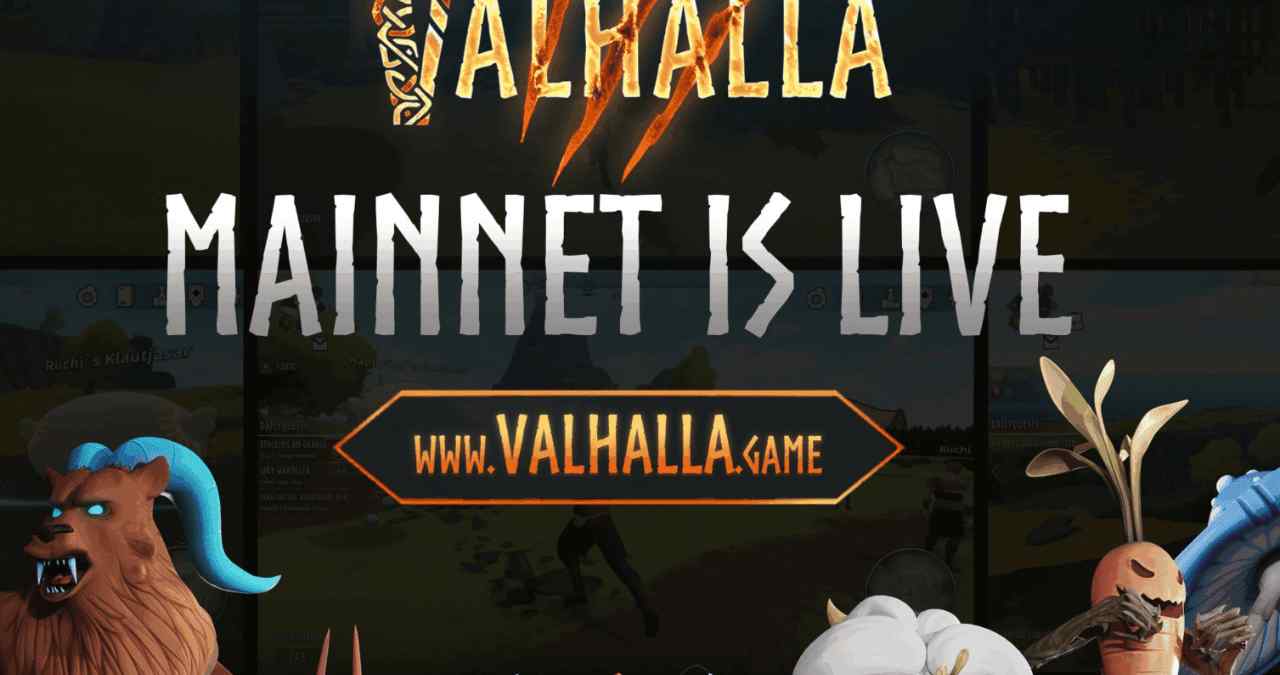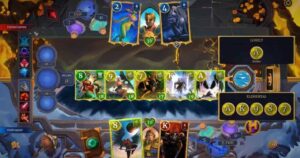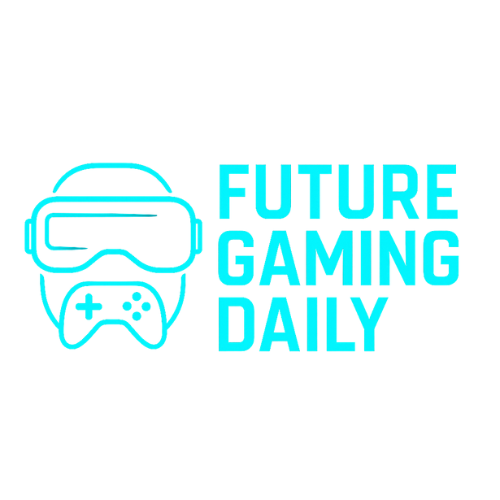After years of teasing and a lengthy testnet phase, Valhalla is finally live on mainnet. Developed by the Floki team, this browser-based MMORPG leans heavily into Norse mythology, strategic combat, and a tokenized in-game economy. The release marks a major step forward for one of the more persistent names in the meme coin–turned–Web3 ecosystem.
Unlike many flashy Web3 promises that fizzle out after alpha, Valhalla has been running public testing for over two years. The mainnet version launches with a playable vertical slice limited in size, but intended to evolve with ongoing updates and community input.
Tactical gameplay with NFT layers
Valhalla doesn’t play like your typical idle clicker. The core experience is turn-based combat with tactical movement, where unit positioning, ability timing, and terrain can affect the outcome. Each fighter is a Verk, a creature you control and train over time. These units are NFTs, meaning players can potentially trade, upgrade, or sell them outside the game.
Combat happens on grid-based arenas with a hex system, adding a strategic layer that’s closer to Fire Emblem or Advance Wars than a basic battler. It’s accessible, but there’s clear depth for players who want to experiment with builds and formations.
A Viking world built in the browser
Visually, the game uses 2D sprite-based graphics with stylized Norse environments, from snowy plains to wooden villages. It’s not AAA, but the art direction is clean and fits the browser format well. You don’t need to download anything Valhalla runs directly in Chrome or Firefox, with mobile compatibility in progress.
Lore plays a big role here. The devs are pushing a narrative tied to Floki’s meme origins but reworked into a more serious tone. It’s part of a broader attempt to blend community-driven crypto culture with immersive storytelling.
Blockchain integration focused on utility
Unlike many crypto games that overload users with complex tokenomics from the start, Valhalla keeps things streamlined. The FLOKI token is integrated, but its use is tied to in-game progression and rewards rather than speculative pressure. NFT ownership is central, but doesn’t overwhelm the gameplay loop.
That said, the full scope of its economic model isn’t live yet. The current version focuses on PvE training and some PvP modes. Crafting, staking, and expanded land systems are still in development.
A community-backed evolution
Valhalla has always been framed as community-first, reflecting the Floki team’s roots in meme coin circles. Feature votes, open testnet feedback, and public changelogs have all shaped the game’s direction. This isn’t just a launch-and-leave Web3 experiment. The mainnet release is designed to grow organically, with more game modes, maps, and utility planned in future patches.
There’s no mobile app yet, but given the low system requirements, it’s likely to follow. For now, players need a desktop browser and a wallet connection to get started.
An experiment with staying power?
In a space filled with Web3 projects that fade after launch, Valhalla stands out by actually delivering a playable experience. It may not be revolutionary, but it offers a cohesive game loop, NFT mechanics that make sense in context, and a roadmap that seems grounded in reality.
Whether it builds a lasting player base or ends up a niche tactical experiment depends on how it evolves from here. But unlike many projects in the same category, Valhalla is real, live, and already being played and that alone sets it apart.
Web3 Analyst & Play Blockchain Games Guide
CryptoKit breaks down Web3 gaming like it’s second nature. From tokenomics to airdrop strategies, she turns blockchain chaos into clear, actionable advice for players who want to win more than XP.




